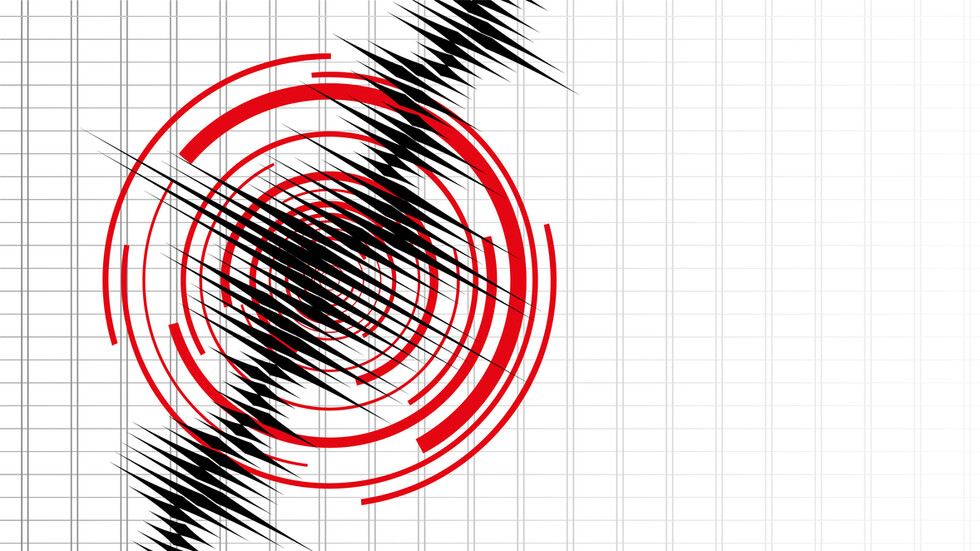Jakarta –
The German economy is now facing a series of very tough tests. First, the impact of the corona virus pandemic which claimed many lives and financially, and now the impact of the war in Ukraine which has started to push the country’s economy into recession.
In its latest World Economic Outlook (WEO) report, the International Monetary Fund (IMF) said that some of Europe’s major economies are in danger of falling into a “technical recession” next year, including Germany and Italy.
The German government is now anticipating that bad indicator, cutting its growth forecast for this year and estimating that its economy will contract in the next 2023.
ANNOUNCEMENT
Scroll to resume content
The Ministry of Economy expects Germany’s gross domestic product (GDP) to grow by around 1.4% again this year, and then shrink to around 0.4% next year. The economic forecast is very far from the projection at the end of April, which predicted German growth of around 2.2% in 2022 and around 2.5% next year.
Affected by inflation and rising energy prices
High inflation, rising energy prices and the energy supply crisis were additional factors that exacerbated the storm that hit the defenses of the German economy. According to economists’ theory, it is like a wave that goes up and down. Economists usually divide it into four cycles of economic phases:
- Ascension, otherwise called expansion or prosperity
- Contraction
- Recession
- Depression
The recession marks a turning point in the decline in growth, when the production capacity is no longer absorbed by the market, because the level of foreign trade exports decreases and also the demand for goods and services in the country.
It is this scenario that is expected in the near future in Germany and most other European countries, as rising energy prices consume too much purchasing power, at a time when consumers are running out of cash.
GDP is the main benchmark
The main parameter in this case is GDP, which is the value or number of all services and goods produced in certain periods.
If GDP falls for two consecutive quarters, it will lead to what economists call a “technical recession”, which already overshadowed Germany at the end of 2021, where the country’s GDP shrank by 0.3% in the last quarter. of the year due to the coronavirus pandemic.
In the first three months of 2022, German economic output increased by 0.2%. However, German Economy Minister Robert Habeck said his country’s GDP is believed to have shrunk in the third quarter and is expected to shrink again in the fourth quarter of this year and shrink again in the first quarter of 2023.
If a recession occurs for a long enough period, it can turn into a real economic crisis. Unemployment and bankruptcy rates will rise, supplies will pile up in warehouses, causing financial crises, stock market crashes and bank failures, which will complete the worst nightmare scenario in the world.
Antidote to the recession: government aid
The government’s task, therefore, is to prevent the country’s economy from sliding into depression, which is the lowest phase of the economic cycle. Governments usually try to prevent a recession early or try to bring it about as quickly as possible.
The tools available to address the threat of a recession, including a package of aid to businesses and citizens, such as government assistance or tax cuts, as the German government has predicted in overcoming the impact of the crisis energetic some time ago.
(kp / as)
Also take a look at “Sri Mulyani’s Signal on the World Recession”:
(it it)


